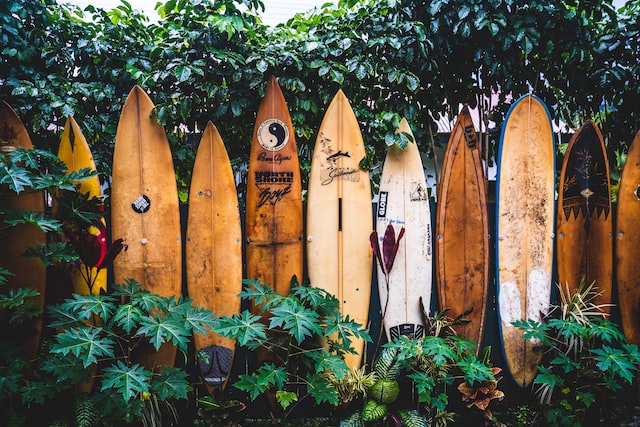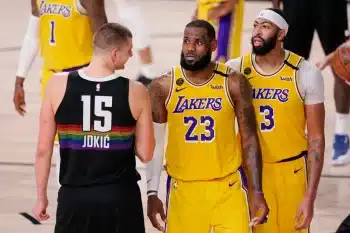Legal
Could Hawaii’s redesigned sports betting bill sneak through?

Hawaii has, in recent years, introduced many a bill into House legislature attempting to legalize Hawaii online sports betting and/or other forms of gambling, but has failed to gain much support at all. This year, State Rep. John Mizuno has filed H.B. No. 344 which reads very differently to prior year’s bills. This year, Mizuno and Rep. Daniel Holt are using this year’s bill to challenge lawmakers to combat illegal gambling in Kalihi, for example.
What’s the difference this year?
The introduced Bill does not place a mention on slot machines, casino, license numbers, fees or other criteria that have previously been outlined in prior years bills. Last year, Hawaii had provisionally decided to include a 55% tax rate which would have made it the highest across America, eclipsing New York’s 51%. The difference, however, in population demographic, spend per head and propensity to gamble could not be much larger, we would argue.
Mizumo’s approach is to start smaller this time “I’ve taken a different approach this year” he explained. “If we put too many things in, there will be too many targets to attack. When you use the word ‘casino’ sometimes it can be like yelling ‘fire’ in a theater, so in talking with some proponents, we crafted the language very intentionally to leave things open”.
The initial proposition looks to test a small privately-owned and heavily-taxed gambling parlors where patrons would only play poker and partake in sports betting where desired. Holt suggests the model would almost mimic Las Vegas, where he argues that Hawaii punters currently travel to gamble and thus the State is losing significant money in tax revenue that could be diverted to help local causes. Mizuno added “A billion (dollars) of our residents money ends up in Las Vegas every year. If we can contain maybe 25% of that with sports betting it could help prevent raising taxes. We could use it for housing, domestic violence, homelessness and a number of things”.
By providing a legal alternative to illegal venues, Holt states:
“These game rooms are unregulated, they often have to do with drugs and prostitution as well. By having a legal avenue to express their willingness to play these poker games we are going to get the tax revenue”.
Interestingly, State Rep. Mizuno’s expert on gambling and the proposal, Eric Ford, has a previous conviction for running an illegal gambling operation in Kona. He apologises for his past and argues he uses his experience for good. One thing Ford puts forward is “have to be local, have to be born in Hawaii and have to be a 35-year resident in Hawaii to go for this license”. He also suggested ‘convinced gamblers’ would be allowed to run the parlors, but not tax evaders or Mainlanders.
Hawaii remains one of the few US states where no form of gambling is legal. The revenue angle will be heavily argued by Rep. John Mizuno and his team, and given the new, more granular approach, may see some success. We wouldn’t be surprised to see some other opposition to this, with gambling parlors in a crime hot-spot perhaps not the easiest way to introduce the state to legalized gambling.











